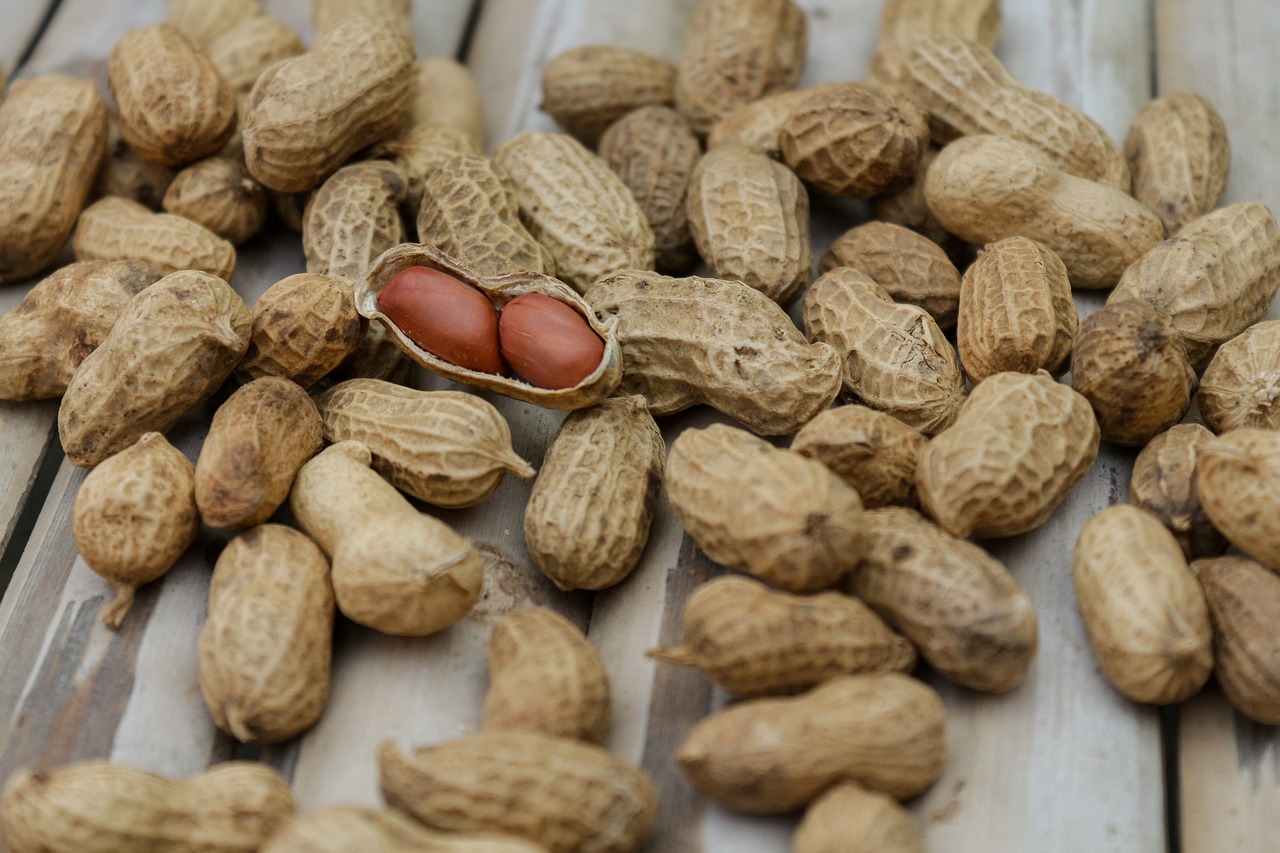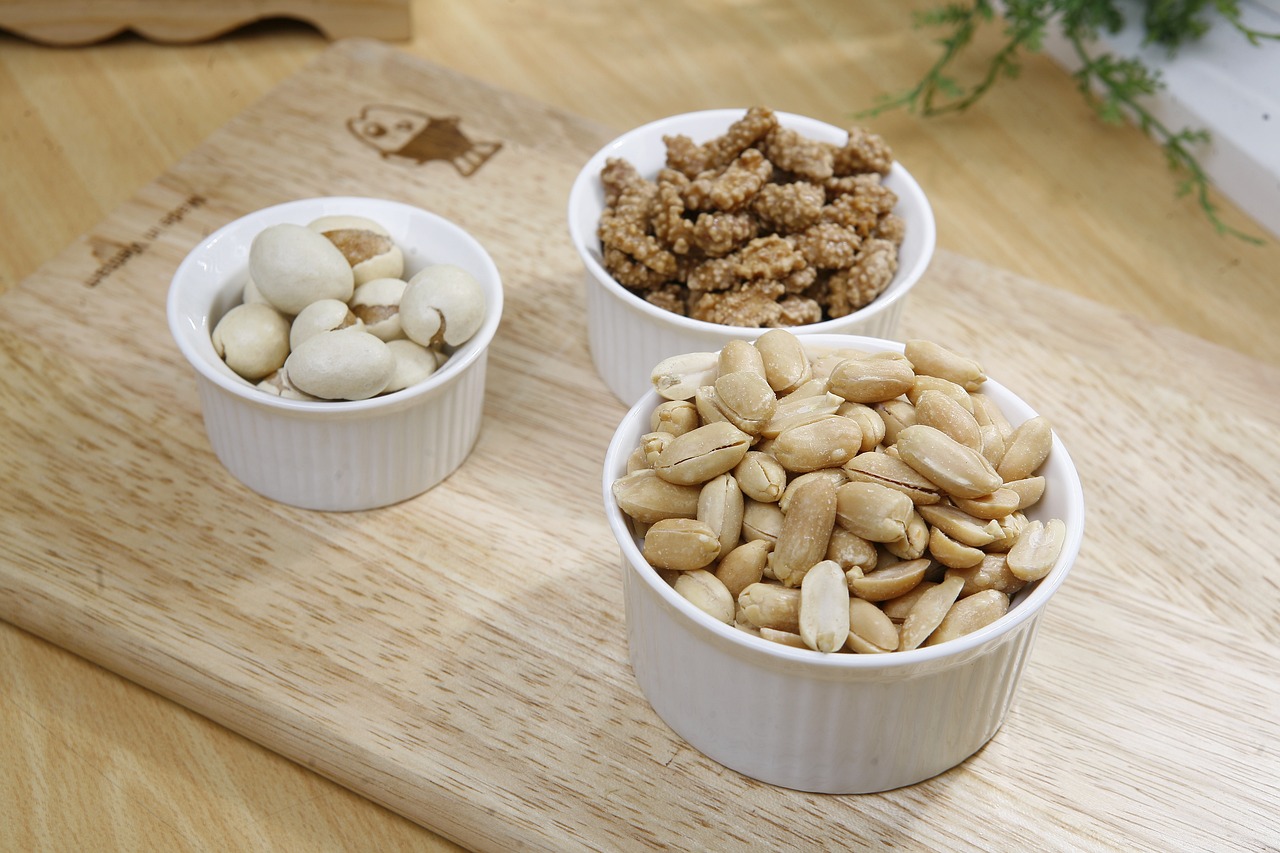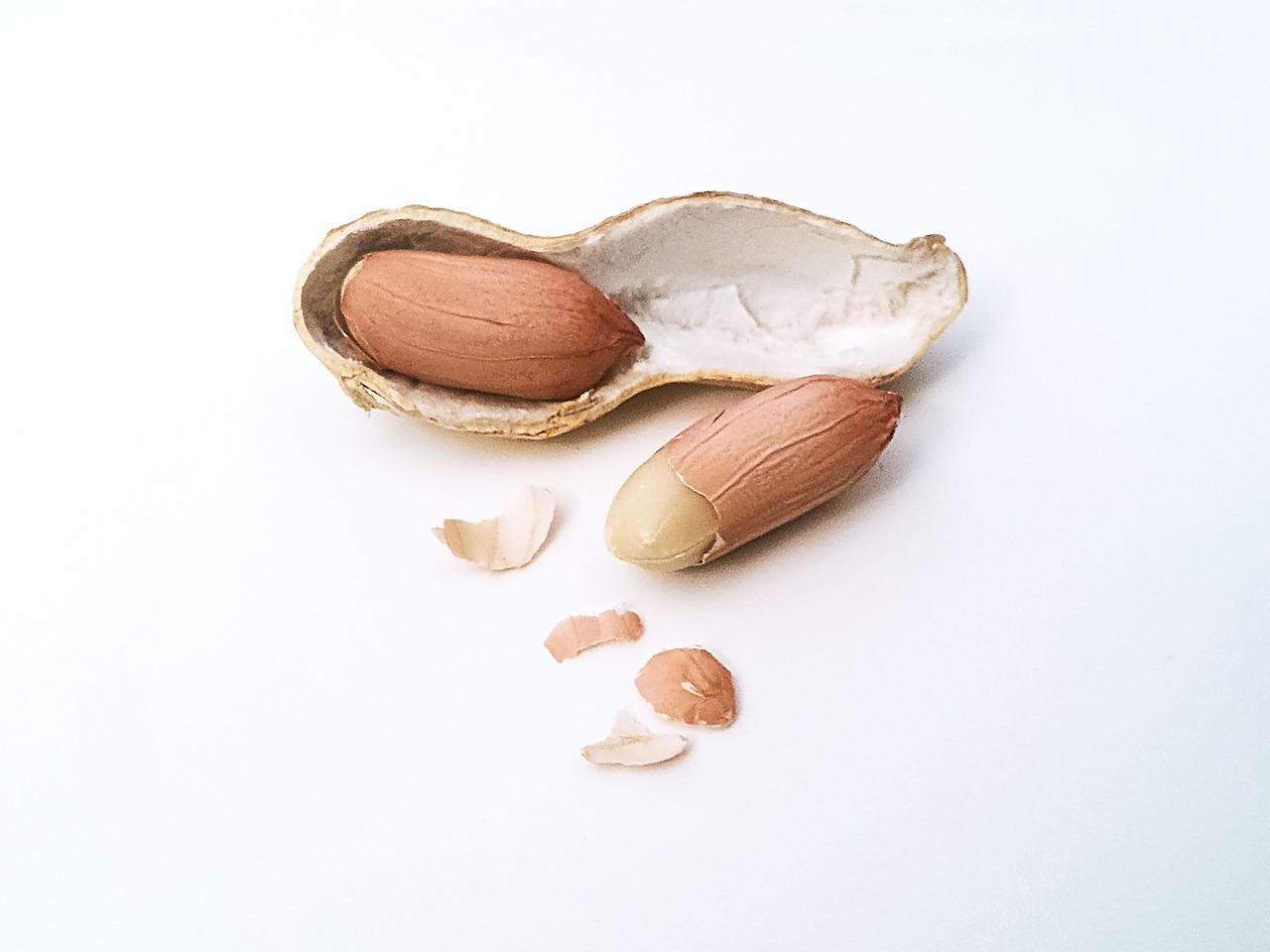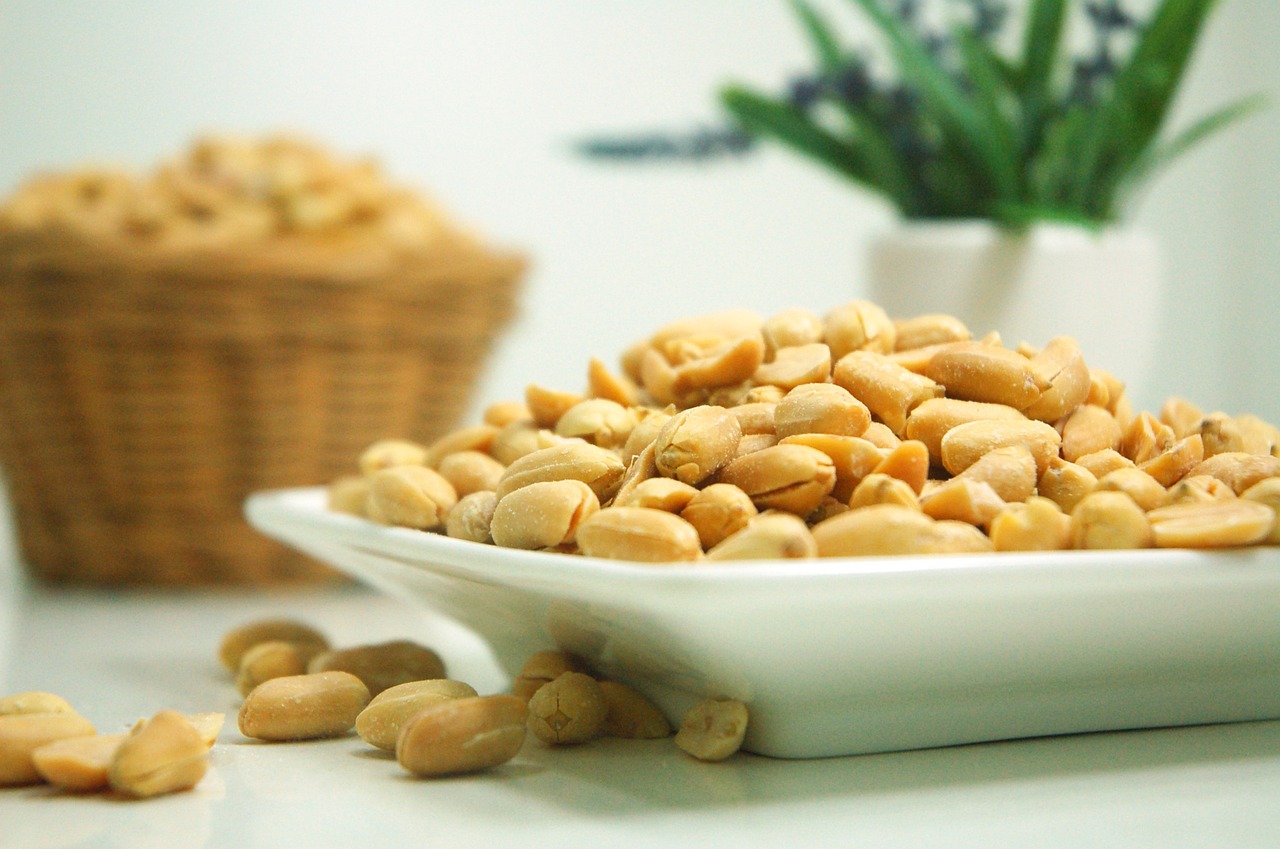Embark on a journey with “Peanut Nutrition Unveiled: From Protein Power to Heart Health.” Delve into the world of peanuts as we unravel the nutritional marvels, exploring protein-packed goodness and heart-healthy benefits. This comprehensive guide navigates you through the nuances of peanut nutrition, offering insights on fiber, essential vitamins, and more. Elevate your health with the power of peanuts – a wholesome experience decoded for your well-being.

Peanut Nutrition: A Comprehensive Guide
Peanuts, in various forms like roasted, salted, or as creamy peanut butter, are not just delicious snacks but also pack a powerful nutritional punch. Nutrition professionals emphasize their role as an excellent source of plant-based protein, fiber, and essential vitamins and minerals.
Nutritional Breakdown
Peanuts shine in their raw form, offering a diverse range of nutrients. According to America Department of Agriculture (USDA), a hundred grams of uncooked peanuts contain:

Macronutrients
- Protein: 8 g
- Carbohydrates: 13 g
- Fiber: 5 g
- Sugars: 72 g
Fats
- Monounsaturated Fats: 43 g
- Polyunsaturated Fats: 56 g
- Saturated Fats: 28 g
Minerals
- Potassium: 705 mg
- Phosphorous: 376 mg
- Magnesium: 168 mg
- Calcium: 92 mg
- Sodium: 18 mg
- Iron: 58 mg
- Zinc: 27 mg
Vitamins
- Vitamin B-3 (Niacin): 07 mg
- Vitamin E (Alpha-Tocopherol): 33 mg
- Vitamin B-1 (Thiamine): 64 mg
- Vitamin B-6 (Pyridoxine): 35 mg
- Riboflavin (Vitamin B-2): 14 mg
- Folate (Vitamin B-9): 240 mcg
The combination of healthful fats, protein, and fiber in peanuts offers a satisfying snack, making them a healthier alternative to simple carbohydrate foods.
Pros and Cons

Pros:
- Protein Powerhouse: With 8 g of protein per 100 g, peanuts are an excellent plant-based protein source.
- Heart-Healthy Fats: Predominantly containing monounsaturated and polyunsaturated fats, peanuts support heart health.
- Fiber Boost: At 5 g per 100 g, peanuts contribute significantly to daily fiber needs, promoting heart health.
Cons:
- Calorie-Rich: With 567 calories per 100 g, moderation is key to avoid excess calorie intake.
- Sodium Content: Roasted, salted peanuts should be consumed in moderation due to their high sodium content.
Key Nutrients in Peanuts
- Protein
Peanuts provide 25.8 g of protein per 100 g, contributing substantially to daily protein needs. Essential for building and repairing body cells, protein requirements vary with age and activity level.
- Healthful Fats
Most fats in peanuts are monounsaturated and polyunsaturated, promoting heart health. Substituting saturated fats with these healthier options improves blood cholesterol levels, reducing the risk of heart disease and stroke.
- Dietary Fiber
With 8.5 g of fiber per 100 g, peanuts support heart health by improving blood cholesterol levels and reducing the risk of heart disease, stroke, obesity, and type 2 diabetes.
Which Types Are Most Healthful?

Raw Peanuts: Optimal health benefits are found in raw peanuts, especially with the skin on, containing valuable antioxidants.
Peanut Butter: A healthy choice offering a nutritious profile and various health benefits.
Roasted, Salted Peanuts: Enjoyable in moderation, but be cautious of sodium intake, with the American Heart Association recommending a limit of 1,500 mg per day.
Health Benefits
- Supporting Heart Health
Peanuts, rich in monounsaturated and polyunsaturated fats, contribute to heart health. Studies suggest that a daily intake of 46 g of peanuts or peanut butter may improve heart health, especially for individuals with diabetes.
- Maintaining a Healthy Weight
The combination of healthful fats, protein, and fiber in peanuts makes them a satisfying snack, potentially aiding weight management. Research indicates a lower risk of weight gain and obesity in individuals incorporating nuts, including peanuts, into their diet.
- Managing Blood Sugar Levels
With a low glycemic index (GI) of 23, peanuts are suitable for individuals with diabetes. The protein, fat, and fiber content help control blood sugar levels, offering a steady release of energy.
Risks and Considerations
Peanuts contain proteins like arachin and conarachin, triggering severe allergies in some individuals. Moderation is crucial due to their calorie density, as excessive calorie intake may lead to weight gain.
Tips:
- Choose raw peanuts with skin for maximum antioxidant content.
- Enjoy peanuts and peanut butter in moderation as snacks or meal additions.
- Be mindful of sodium intake when consuming roasted, salted peanuts.
Conclusion
In moderation, peanuts emerge as a nutrient-rich source of protein, dietary fiber, and healthful fats. Their role in supporting heart health, aiding weight management, and managing blood sugar levels positions them as an excellent option, particularly for individuals with diabetes. Choose wisely, enjoy responsibly, and savor the health benefits of this versatile legume.
